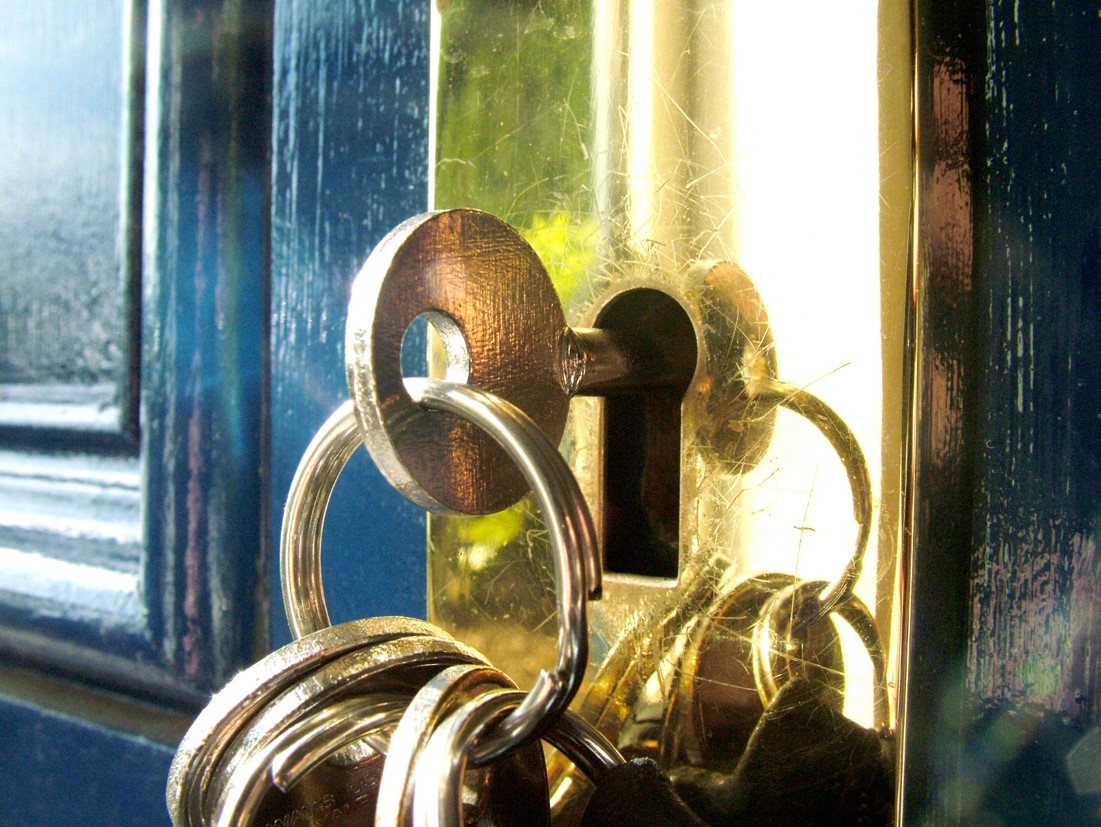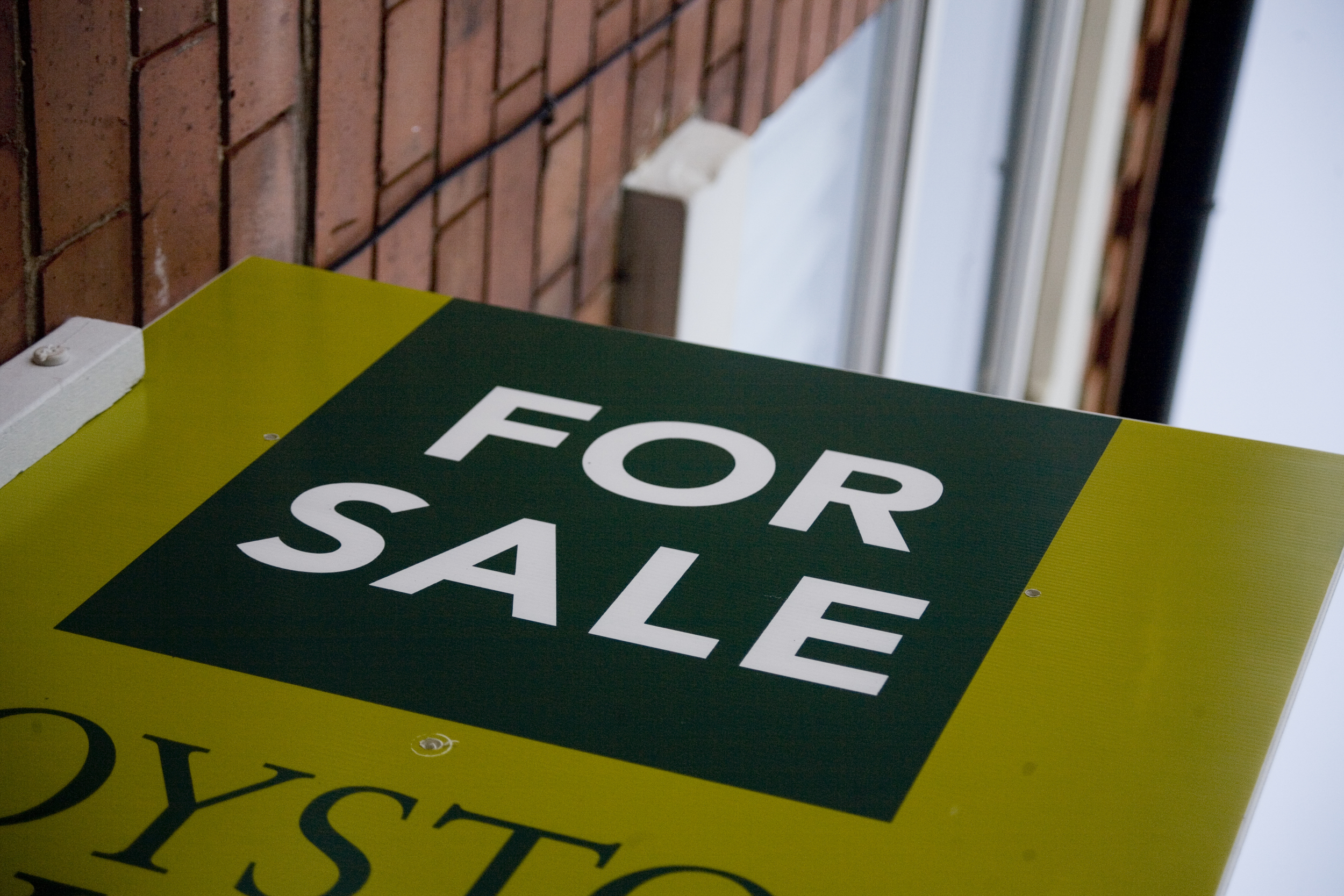conveyancing guide
Wilson Bramwell recognise that moving house involves a lot of organisation from your point of view and that moving home can be a stressful time. That is why we will liaise with you closely throughout the process and keep you informed of progress. The intention is to give you as much time as possible to make all of the arrangements that you will be responsible for such as taking time off work, having work done to property and booking removals.
THE PROCESS
1. Before exchange of contracts
The solicitor acting for the seller prepares a sale contract and, working with the seller (and in the case of leasehold properties often a property management company), collates title documents and deeds, information questionnaires and other paperwork about the property being sold. This documentation is sent to the buyer’s solicitor.
The buyer’s solicitor reviews the information provided by the seller’s solicitor and carries out searches, such as a local authority search, a water and drainage search and an environmental search. Enquiries are then raised as necessary to make sure that there are no problems affecting the property, or else to resolve them. The buyer’s solicitor also liaises with any mortgage lender to check that the buyer’s loan is available to draw down.
2. Exchange of Contracts
When all parties are satisfied the solicitors will “exchange contracts”. Ten percent of the purchase price is paid and the completion date is fixed. The parties are now legally committed to the transaction and removals can be finalised. The completion date is often two weeks on from exchange of contracts but any date can be agreed, including the date of exchange of contracts itself.
3. Completion
On the completion date the buyer’s solicitor will make a same day transfer of money to the seller’s solicitor and on receipt keys to the property will be released to the buyer, often via the estate agent.
4. After completion
The Seller’s solicitor will send a transfer document to the buyer’s solicitor and will pay off any mortgage against the property that the seller had in place and attend to the estate agent’s bill. The buyer’s solicitor will pay any stamp duty and register the new owners of the property with the Land Registry, together with any mortgage.
Dealing with Issues
From the overview above you can see that there are several aspects involved in most sales and purchases. It is important that solicitors, sellers, property management companies, local authorities, mortgage lenders and all other parties involved in the process act in good time if delays are to be avoided. We maintain good relations with all stakeholders in order to keep matters moving forward as quickly as possible. We will always pick up the phone, text, email or meet with parties in order to save time if possible. Our experience in dealing with property disputes has often assisted us in finding quick solutions to problems that arise during the course of residential conveyancing.
Please call 01423 313031 to discuss how we can assist you or contact us here











